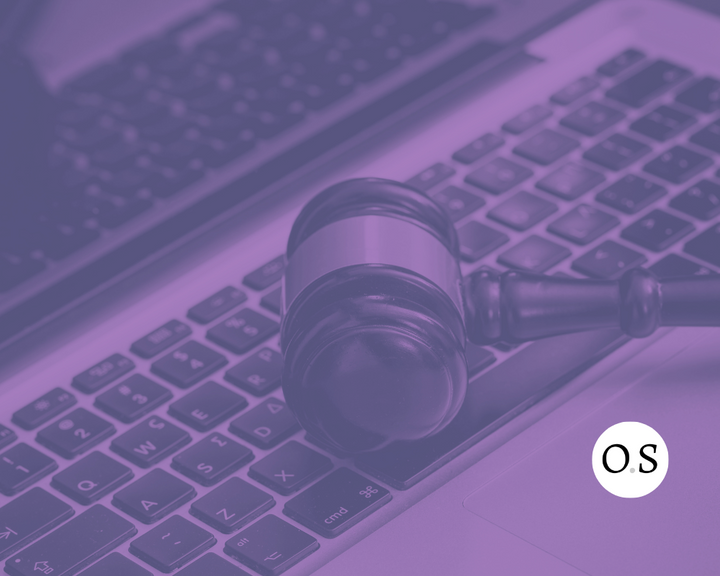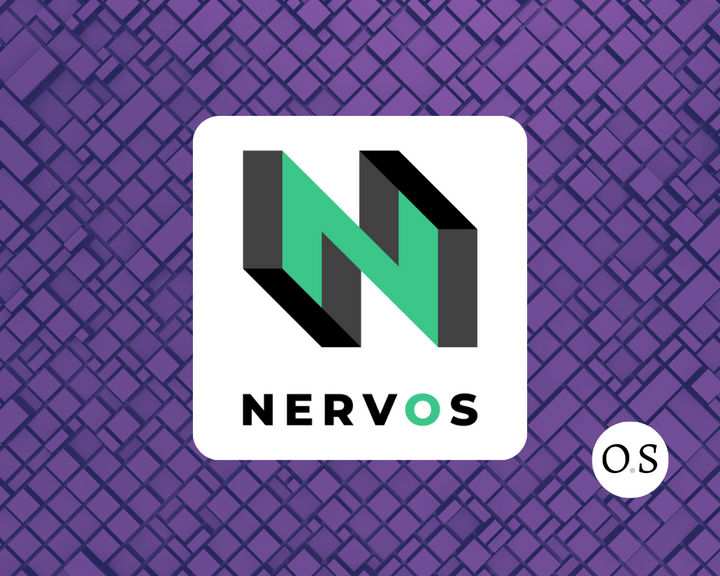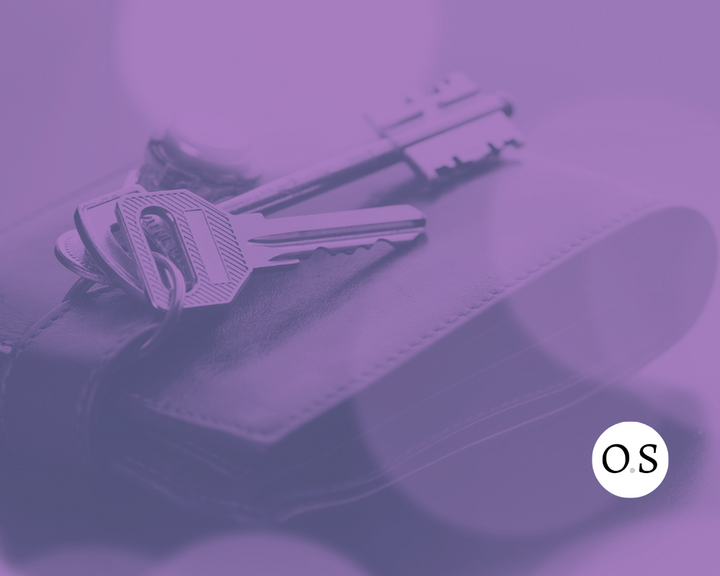Benefits and Risks of Being a Baker

So, you bought some XTZ (“tez”) and want to participate in the consensus process of the Tezos network, known as “baking.” Do you set up a machine and run the Tezos software at home, or do you choose a delegation service to bake on your behalf?
The minimum stake required to bake is currently set to 8,000 tez; this amount is called a “roll”. If your personal holdings are less than a full roll, then your options are to either delegate your tez to a baker who can complete a roll, or to have others delegate their tez to you so that you can fill a roll and bake.
The more bakers there are, the more decentralized the Tezos network will be. Decentralization means that a wide array of ordinary Tezos users, not just select few, are truly the ones running the show - this kind of widespread collaboration is what a decentralized and permissionless blockchain is all about! In addition to being a really cool feature, this also means the Tezos network will be more secure overall, because spreading out the power means that no individual or small group can conspire to manipulate the ledger history for their own purposes.
Baking in Tezos is much easier than, say, mining in Bitcoin. It does not take any special hardware, and if you regularly keep a computer running all the time, it won't even noticeably raise your electric bill. However, running a baking node comes with some responsibilities you should be aware of.
Most importantly, baking requires an understanding of private keys and how to use and store them securely. If you accidentally reveal or lose your private keys, or if your computer is compromised, you may lose your tez; top-notch information security is paramount.
You will also have the responsibility of keeping your machine running and connected to the internet. If you are offline, you cannot bake when it is your turn to do so. Also, there are some infrequent critical times throughout the baking process during which, if you are not connected to the Tezos network, you may lose the reward and transaction fees gained from generating a previous block. Thus, you need a reliable machine and a consistent internet connection.
You might be interested in baking yourself so that you can maximize the power of your tez. When you participate in making blocks, you reap the rewards: each block creates some new tez, and you also collect the fees from the transactions in that block. If you use a delegation service, you may still get a lot of these rewards, but ultimately the service provider decides how to divide them up.
Whatever you choose to do, don't just let your tez languish in disuse. Because the number of tez in circulation increases with each additional block, inflation ensues. However, inflation in Tezos is nondilutionary as long as you are baking (and nearly non-dilutionary when delegating to a provider that shares in block generation rewards). That is, if you have enough tez to bake, by yourself or because someone has delegated to you, and you do so, then the value of your tez relative to all the other tez will not decrease. Therefore, it's important to protect your share of the total tez supply by baking if you can. If you delegate your stake and share in the rewards, then inflation will affect the value of your tez significantly less than if you only keep your tez in storage.
Tez are meant to be involved in the consensus process of the blockchain, not just sitting in storage. For the security of the network, it's important that a large portion of the total tez in circulation be staked at any given time. Keeping your tez staked is good for you and for the system as a whole.




Comments ()